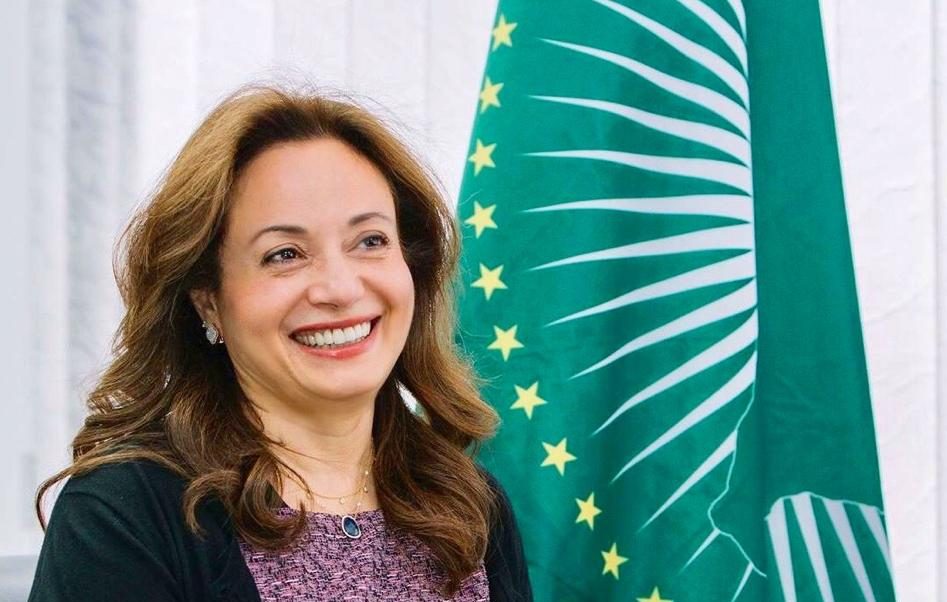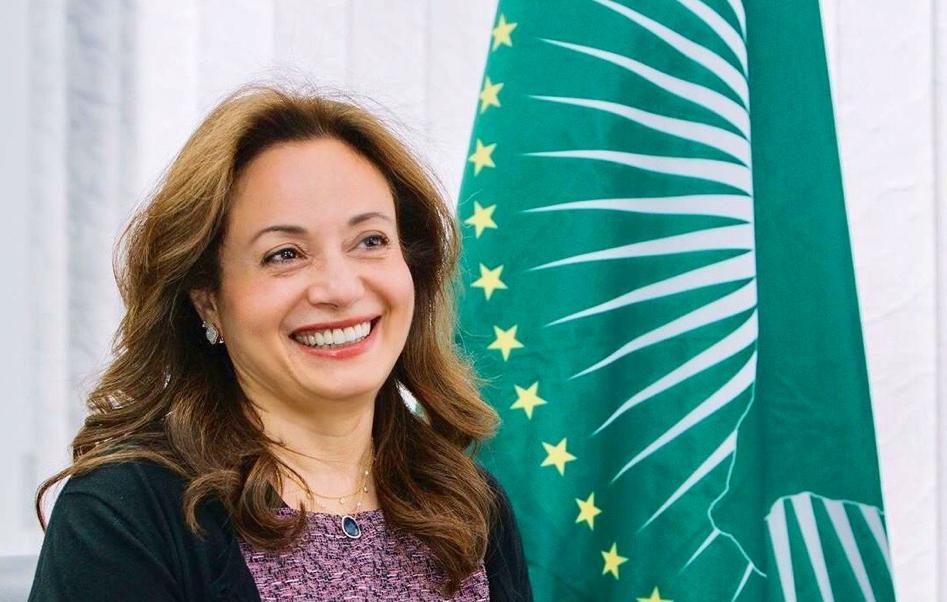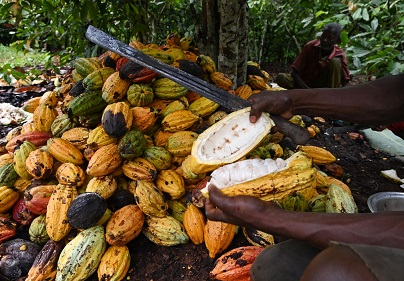Commissioner Abou-Zeid highlighted the need to invest in digitalization in all sectors as high priority for the Continent
Organized by the Norwegian-African Business Association, H.E. Dr Amani Abou-Zeid, Commissioner for Infrastructure and Energy participated in the high level opening of the ‘Nordic-African Business Webcast 2020’, together with H.E. Ine Marie Eriksen Søreide, Minister of Foreign Affairs of Norway, Mr. Raymond Carlsen, CEO of Scatec Solarand and Mr. Samalia Zubairu, Presidnet and CEO of Africa Finance Corporation. The panel discussed opportunities for Nordic-Africa partnership and investments.
“From Norway side we will continue to promote lasting development, growth and private sector development. Norfund is one of our key tools in that regard … In order to overcome the crisis, we must build back better and build back greener and bluer.” said Minister Søreide.
The AU Commissioner highlighted that despite the COVID19 crisis, it provides an opportunity to address challenges in Africa, notably digitalization, renewable energy and skills for the future. “Africa is determined to recover better, greener and smarter” said Dr Abou-Zeid.
Commissioner Abou-Zeid highlighted the need to invest in digitalization in all sectors as high priority for the Continent. There is also urgent need to scale up access to affordable energy without which no development strategy can be deployed. The third priority area for Africa recovery is capacity development especially for youth, women and girls who are the African development actors to harness efficiently existing and future opportunities.
“COVID-19 crisis is a turning point for Africa’s future. Our Continent’s post-crisis recovery hinges upon robust re-imagined Infrastructure plans marked by key-drivers, namely the acceleration of energy access and transition, the spur of digitalization across sectors and investment in inclusion and skills of the future.” highlighted Dr Abou-Zeid.
She underlined the initiatives led by AU Commission (AUC) in collaboration with financial institutions in the Continent to address challenges, including harmonization of the regulatory frameworks geared towards creating an attractive environment for sustainable investment and removing barriers. In addition, the AUC and its partners have various programmes to support capability development to strengthen the African institutions at national and regional level. The AUC is also working with Member States to design strategies and master plans, using a bottom up approach, to outline the Continent’s priorities and make it easier for project identification for investors. The AU programmes aim at creating an integrated continental market that optimizes the Continent’s vast resources to create value for all Africans.
Talking about the business opportunities in Africa, Commissioner Abou-Zeid said “The African Continental Free Trade Area agreement (AfCFTA) will constitute the world’s largest free trade area, consolidating an integrated market of 1.3 billion consumers with a combined gross domestic product (GDP) of approximately $3.4 trillion. The objective is to realize a continent-wide single market for goods and services with free movement of business, persons and investments. It is implemented alongside other integrating flagship projects like the single African air transport market, the single digital market, the African energy market and harmonization of policies and regulations of the different sectors. The AfCFTA envisions to expand intra-African trade and intensify regional integration. Removal of trade barriers not only improves efficiency, enhance competition, and incentivize development of strategic solutions to local challenges through regional economies, but also creates economies of scale, regional value chains and attracts investments and Foreign Direct Investment (FDI)”.
In this context, H.E. Commissioner also emphasized the efforts African countries have been putting in place on domestic resources mobilization, combatting illicit finance flows and exploring new innovative sources of financing mechanism to implement their development strategies. She stressed the role of the private sector in this regard and the need for win-win partnerships between Nordic and African companies to contribute to mobilize the required resources, particularly in the context of post COVID-19 recovery approach.
Norwegian Minister of Foreign Affairs concluded “The private sector faces unprecedented uncertainty due to the pandemic. When we try to look a little beyond the pandemic there is still great potential for more business to business cooperation between African and European companies. No single nation can build back its economy alone and we need to solve this global crisis together as a global community and we need to work together.”










